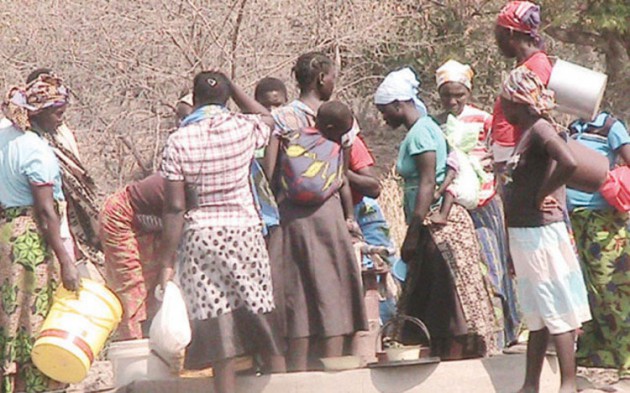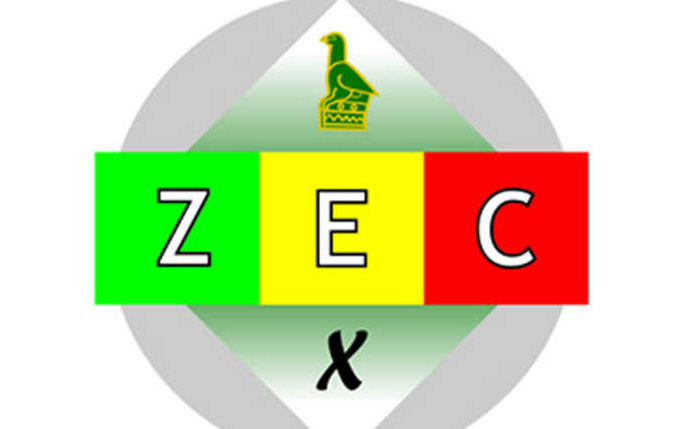Water, sanitation a lifeline for women

Geraldine Nyaku Correspondent
Women and girls are frequently subjected to unacceptable risks of violence, including sexual, while accessing water and sanitation facilities.
Understanding the special needs of women and girls is essential in the selection and design of providing water and sanitation facilities and programmes to minimise the risks from violence and allow women and girls to access services with dignity.
“There is no development strategy more beneficial to society as a whole – women and men alike – than the one which involves women as central players”, this is a direct quotation from Kofi Annan the seventh Secretary-General of the United Nations from January 1997 to December 2006.
It is a general norm that women’s and girls’ ability to participate in educational, productive, civic and economic activities to empower themselves is often limited by a household division of labour that assigns to women and girls the bulk of the responsibility for everyday household maintenance tasks.
The legal framework has addressed this matter in the following: the Constitution stresses the environmental rights section 73 and the right to food and water section 77 for all citizens.
The Environment Management Act states that everyone is entitled to a clean and healthy environment which is not harmful to their health.
Lack of access to water and sanitation results in women working in an unhealthy environment.
Development according to the Act must be socially, environmentally and economically sustainable.
The Urban Councils Act is the main piece of legislation which governs urban local authorities in Zimbabwe.
Section 183 of the Act empowers local authorities to maintain a supply of water within and outside the council areas.
It also empowers council to take any necessary steps to ensure the provision of water services and sanitation to people. The Guidelines for Integrating Gender-based Violence Interventions in Humanitarian Actions (2015) provides clear guidance for practitioners to include prevention of violence against women in programmatic actions related to water and sanitation.
Sustainable Development Goal 6 recognises the interdependence of access to water and sanitation and development.
It aims to achieve universal and equitable access to safe and affordable drinking water for all by 2030.
It also aims to achieve access to adequate and equitable sanitation and hygiene for all and end open defecation, paying special attention to the needs of women and girls and those in vulnerable situations.
It is not news that women wake up at 4am in most high density areas to fetch water from boreholes. This makes the women susceptible to rape, sexual harassment and robbery.
This water is beneficial to all members of the family, the children going to school and the husband going to work.
The whole process which is then repeated in the afternoon and in the evening up to at times around midnight, this is cumbersome and equally exhausting.
Women and children may have to walk long distances to collect water or to find water to do their laundry.
Walking to remote locations or using water and sanitary facilities such as boreholes after dark, puts women and children at risk of harassment, sexual assault and rape.
This can result in unwanted pregnancies, sexually transmitted infections, being accused of being unfaithful by husbands, being disowned by families, or mocked by other community members; and mental health challenges such as increased fear and stress.
Human rights based approach to women and their right of access to water and sanitation realises that women are active rights holders.
The rights based approach has a lot of potential for improving the lives of women as it focuses on injustices, inequalities, discrimination and accountability by the relevant structures.
The problem of water and sanitation has the ability to undermine the capacity of women to be more productive in various aspects of their lives.
Increasing women’s participation in the design and implementation of infrastructure projects can help to overcome obstacles to access and affordability.
This is best illustrated in the sanitation and water sector, where women play key roles as users and managers.
As primary collectors of water, women have key information about such issues as seasonal availability from various sources, water quality, and individual and communal rights to those sources.
If incorporated in project design, this information could also improve project outcomes. More needs to be done to protect women in public spaces. – Geraldine Nyaku, Zimbabwe Women Lawyers Association (ZWLA).
- For feedback, questions and comments please feel free to email: [email protected] or to send a whatsaap message on 0777 828 201 and we will definitely address them. For a 24 hour response to Gender Based Violence Issues, call our toll free number 08080131: hotlines 0776736873/ 0782900900







Comments